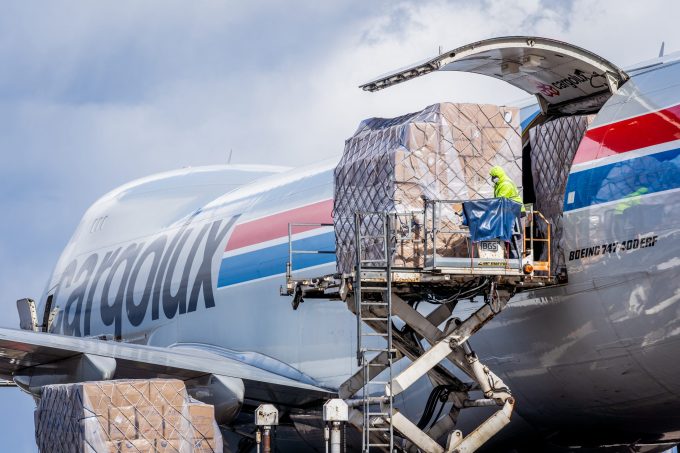Maersk Air Cargo sees volumes fall as it aims for 'margin in favour of revenue'
Maersk Air Cargo ditched some of its less-profitable customers, a move which saw its airfreight ...

Cargolux has enjoyed anther year of record results, posting a profit after tax for 2022 of $1.6bn, up from $1.3bn in 2021. Revenues also hit a new high, of $5.1bn, up nearly 15%.
However, block hours fell 1.7%, aircraft utilisation was down 2.3% and load factors ...
Keep our news independent, by supporting The Loadstar
Four crew members still missing as Wan Hai 503 continues to burn
Explosions and 'out-of-control' fire reported on Wan Hai box ship
Carrier price hikes hold, driving spot rates higher as space gets scarcer
Crew forced to abandon ship in latest fire on vessel carrying EVs
The Loadstar Podcast | Transport Logistic and Air Cargo Europe 2025
Transpacific rates ease as capacity boost proves too much for trades to digest
Turkish Airlines falls foul of air safety regulations, claims India's aviation authority

Comment on this article